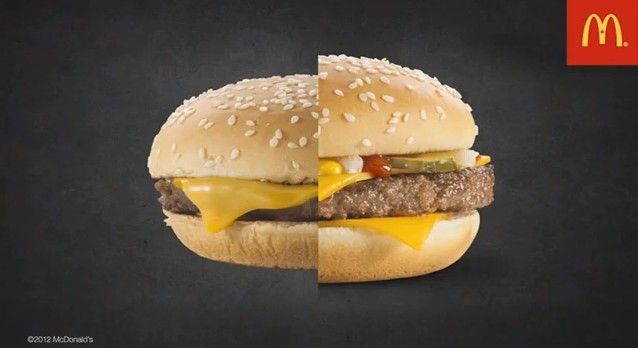We always compare and contrast in our daily lives. Whether to get a good deal at a clothing store or just to find some differences and commonalities between two or more things. Comparing and contrasting helps narrow down certain aspects of a certain subject or object. In "Two ways to belong," written by Bharati Mukherjee, she tells a personal story of when she and her sister immigrated to America.
Mukherjee and her sister Mira were pretty much the same before coming to America. "When we left India, we were almost identical in appearance and attitude. We dressed alike, in saris; we expressed identical views on politics, social issues, love, and marriage in the same Calcutta convent-school accent."(Mukherjee 272). They were so similar and shared pretty much the same ideas and beliefs. But eventually, Mukherjee married someone who was outside of her culture. She loved being an American citizen and traveled around North America. On the other hand, Mira married someone from the same culture and planned to move back to India as soon as she retired. She had no desire to stay till after.
In this essay, Mukherjee mostly discusses the differences between her and her sister. They came with the same background and upbringing but ended up going in different paths. Although they did agree on one thing; How they felt when the government turned on them. For Mira because she was a target of being an immigrant(documented) and for Mukherjee when she stayed with her husband's family Canada and the government decided to go against the non traditional people.
I think the main point of this essay is that these sisters may have been so alike but there can always be differences between them. Mukherjee grabbed her opportunity and took full advantage of her right as being a citizen, while Mira only used America as a source to make an income because she just wasn't as happy as she would've been if she was in India. I think they both are right because they are entitled to their own opinion. One of the sisters just didn't feel comfortable in America while the other sister did.
